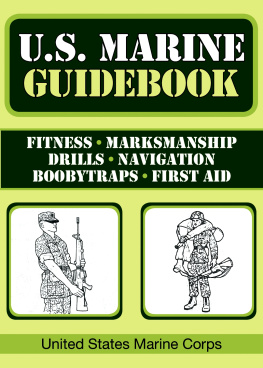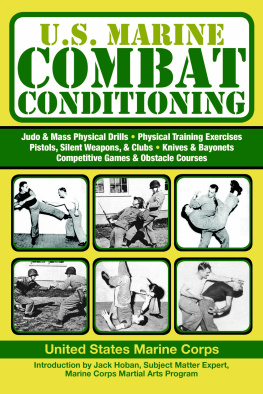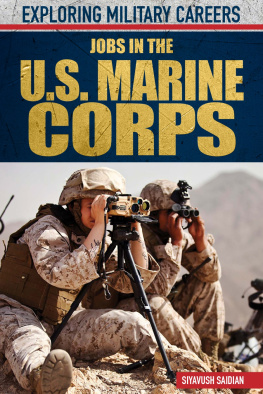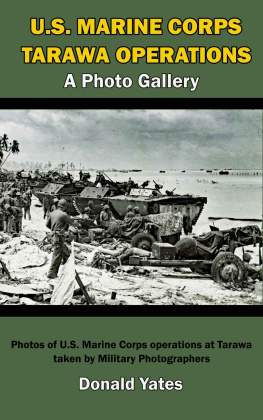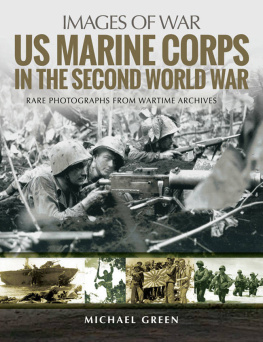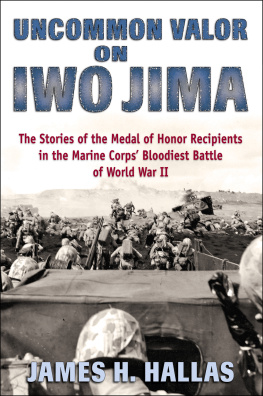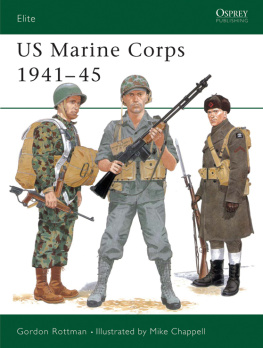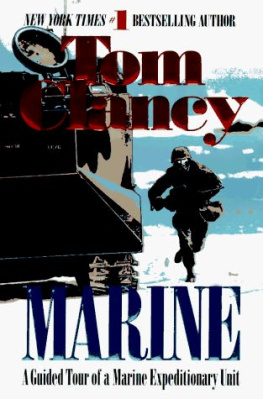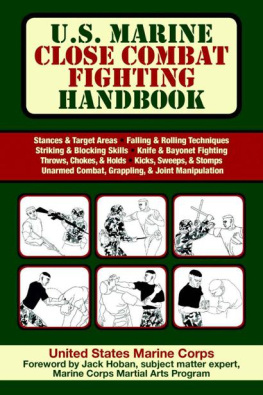United States Marine Corps. - U.S. Marine Guidebook
Here you can read online United States Marine Corps. - U.S. Marine Guidebook full text of the book (entire story) in english for free. Download pdf and epub, get meaning, cover and reviews about this ebook. year: 2011, publisher: Skyhorse Publishing (Perseus), genre: Romance novel. Description of the work, (preface) as well as reviews are available. Best literature library LitArk.com created for fans of good reading and offers a wide selection of genres:
Romance novel
Science fiction
Adventure
Detective
Science
History
Home and family
Prose
Art
Politics
Computer
Non-fiction
Religion
Business
Children
Humor
Choose a favorite category and find really read worthwhile books. Enjoy immersion in the world of imagination, feel the emotions of the characters or learn something new for yourself, make an fascinating discovery.
- Book:U.S. Marine Guidebook
- Author:
- Publisher:Skyhorse Publishing (Perseus)
- Genre:
- Year:2011
- Rating:4 / 5
- Favourites:Add to favourites
- Your mark:
- 80
- 1
- 2
- 3
- 4
- 5
U.S. Marine Guidebook: summary, description and annotation
We offer to read an annotation, description, summary or preface (depends on what the author of the book "U.S. Marine Guidebook" wrote himself). If you haven't found the necessary information about the book — write in the comments, we will try to find it.
U.S. Marine Guidebook — read online for free the complete book (whole text) full work
Below is the text of the book, divided by pages. System saving the place of the last page read, allows you to conveniently read the book "U.S. Marine Guidebook" online for free, without having to search again every time where you left off. Put a bookmark, and you can go to the page where you finished reading at any time.
Font size:
Interval:
Bookmark:
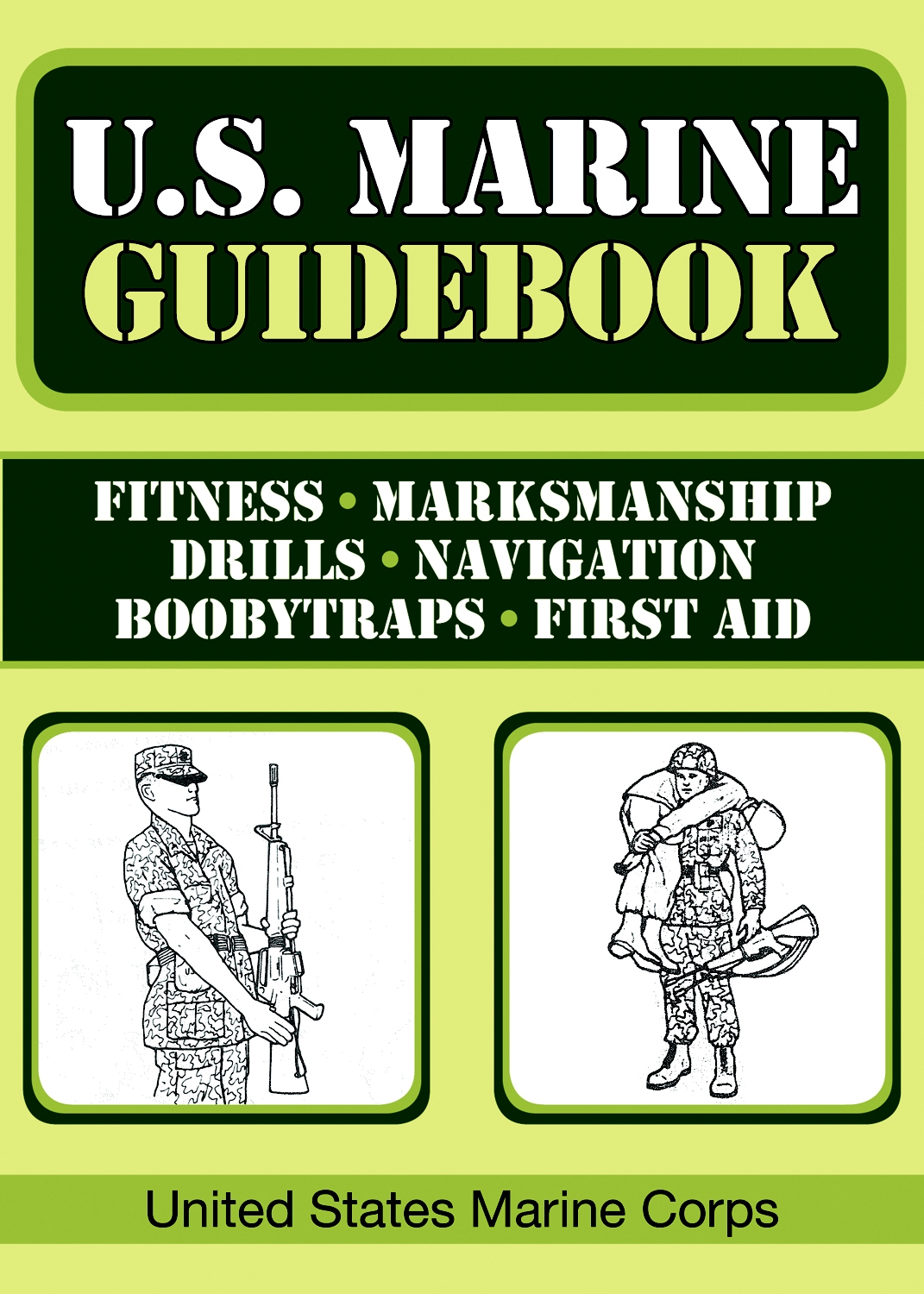
Objective: Provided with a list of the six articles of the Code of Conduct, explain the meaning of each article.
1. Article I. I am an American fighting man. I serve in the forces which guard my country and our way of life. I am prepared to give my life in their defense.
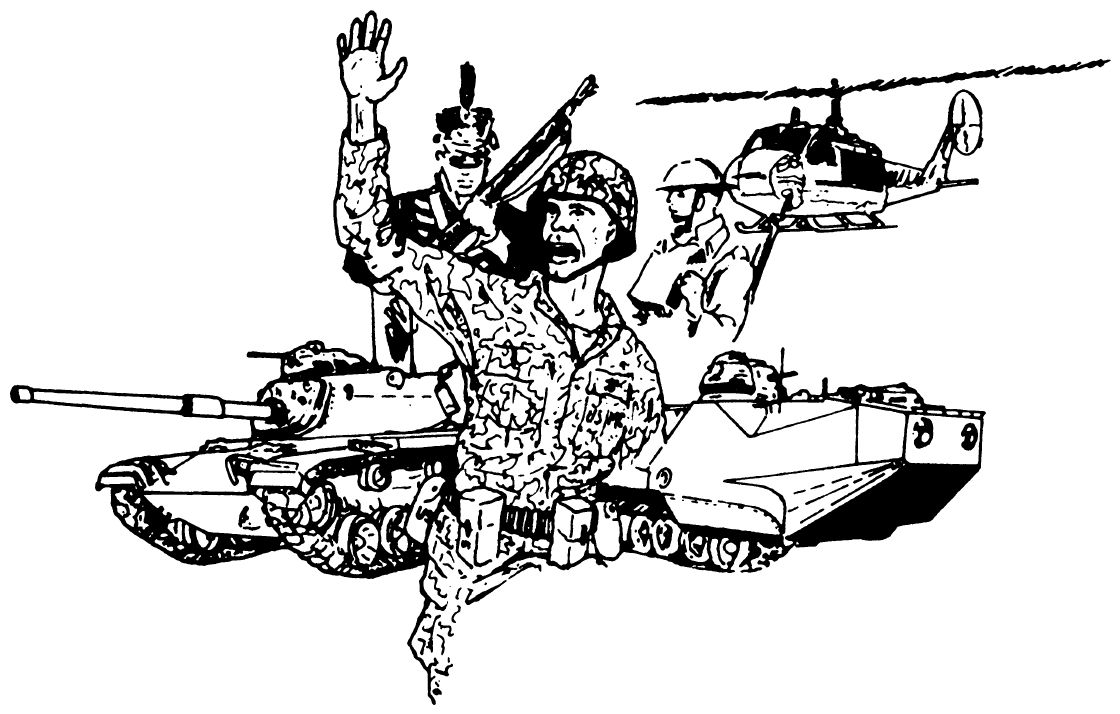
INTERPRETATION : I am a Marine. I will fight and, if necessary, die for my country and our way of life.
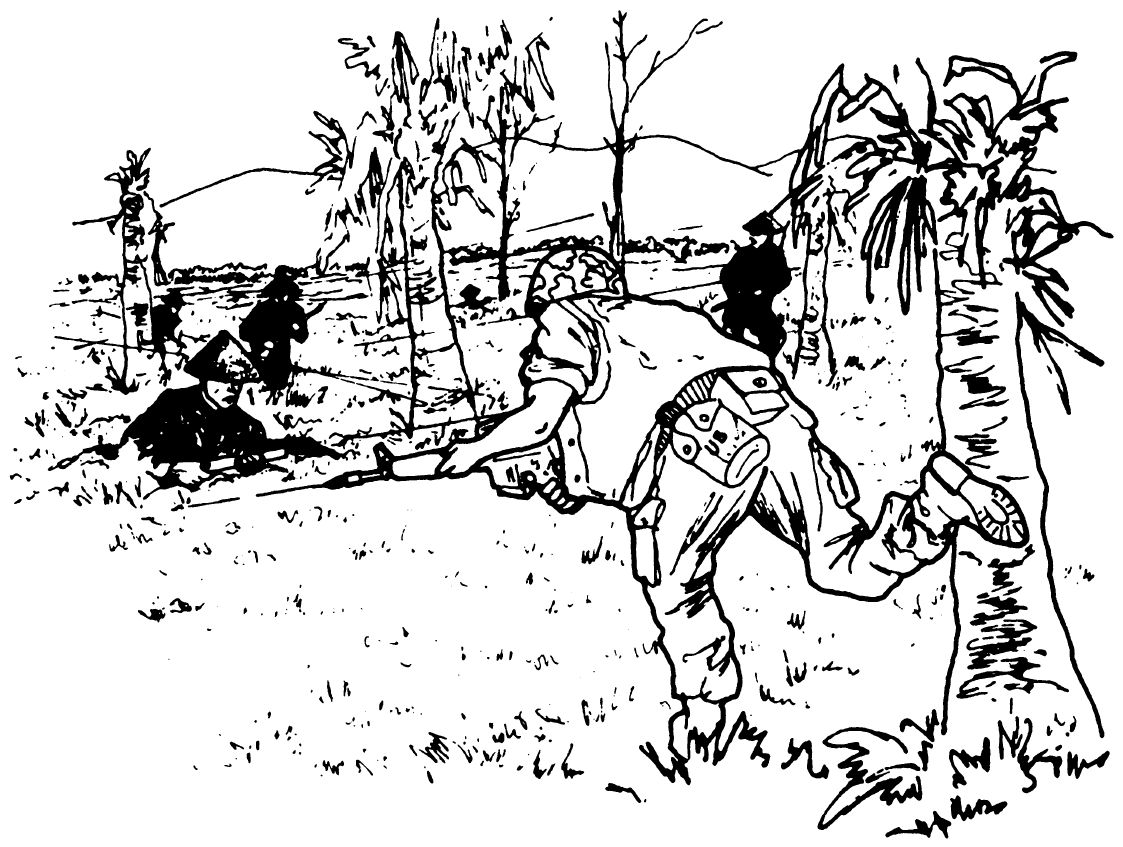
EXAMPLE: Resistance can demand the ultimate sacrificeyour life. Lance Corporal Jimenez made that sacrifice while serving as a Fire Team Leader with Company K, Third Battalion, Seventh Marines, First Marine Division in operations against the enemy in the Republic of Vietnam on 28 August 1969. On that date Lance Corporal Jimenezs unit came under heavy attack by North Vietnamese Army soldiers concealed in well-camouflaged emplacements. Lance Corporal Jimenez reacted by seizing the initiative and plunging forward toward the enemy position. He personally destroyed several enemy personnel and silenced an antiaircraft weapon. Shouting encouragement to his companions, Lance Corporal Jimenez continued his aggressive forward movement. He slowly maneuvered to within ten feet of hostile soldiers who were firing automatic weapons from a trench and, in the face of vicious enemy fire, destroyed the position. Although he was by now the target of concentrated fire from hostile gunners intent upon halting his assault, Lance Corporal Jimenez continued to press forward. As he moved to attack another enemy soldier, he was mortally wounded. Because of his unconquerable courage, aggressive fighting spirit, and unfaltering devotion to duty, Lance Corporal Jimenez was awarded the Medal of Honor posthumously.
2. Article II. I will never surrender of my own free will. If in command, I will never surrender my men while they still have the means to resist.
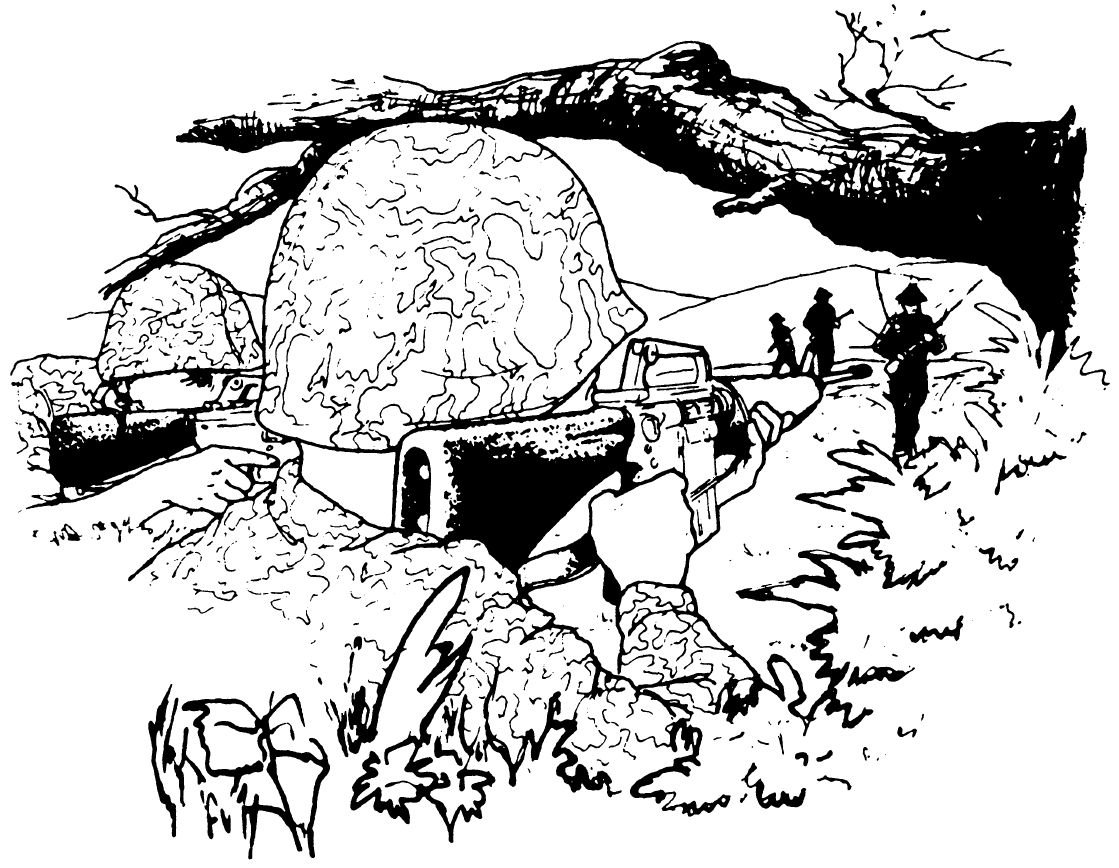
INTERPRETATION: I will never surrender as long as I can fight, nor will I surrender my men if they can fight. If they lose the means to fight, they will take all possible steps to evade capture.
EXAMPLE: During the Vietnam War, Captain Walsh, an aviator, ejected from his stricken aircraft, and parachuted to the ground. He landed in the midst of a sizeable enemy unit. He immediately drew his service revolver and fired on the opposing force, inflicting a casualty. Taking cover, he continued to engage his adversaries until he rar out of ammunition, at which time he was captured. Placed in a boat en route to a POW camp, he attempted to escape, but was unsuccessful. Once formally imprisoned Captain Walsh maintained his high degree of courage by resisting his captors efforts to secure any information from him. By his steadfast policy of noncooperation with the enemy, he provided leadership by example for his fellow POWs. For his courage, resourcefulness, and devotion to duty he was awarded the Bronze Star Medal.
Suppose a man surrenders while he still has the means to fight back or can remain in hiding. What can he expect to gain in captivity? During the Korean War, four out of every ten Americans who became prisoners of the communists died. Untold numbers were coldly executed shortly after laying down their arms, and these were not included in the prisoner statistics. The odds are in favor of the man who sticks by his guns. Since many of the deaths in a prison camp result from lack of will, the person who surrenders to the enemy is even less likely to survive.
3. Article III. If I am captured, I will continue to resist by all means available. I will make every effort to escape and aid others to escape. I will accept neither parole nor special favors from the enemy.
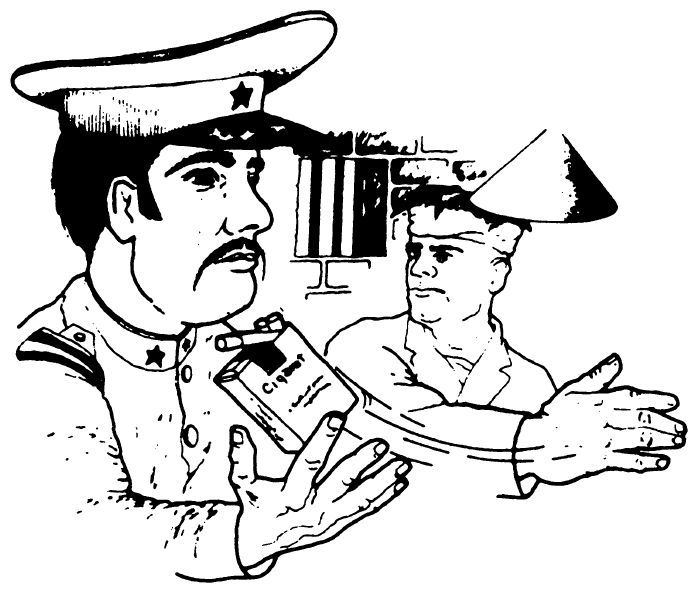
INTERPRETATION: If I am captured, I will not take any favors from the enemy, but I will resist and escape, If possible.

EXAMPLE: One prisoner who escaped against great odds was Lieutenant Charles F. Klusmann, a U.S. Navy pilot, shot down over Laos and captured by the communists in June 1964. Lieutenant Klusmann at once decided to escape, if possible. After 2 months of solitary confinement, he was moved in August to another building where some Laotians were imprisoned. Here, he and two other prisoners cautiously mapped out an escape plan.

Their moment came in late August and they succeeded In breaking out of the prison compound. Throughout the night, the three escapees traveled through rice paddies and along wooded trails. A communist patrol recaptured one of the Laotians the next day, but the other two escapees evaded the patrol in the brush. After running for 2 hours, they slowed to a walk keeping to animal trails.
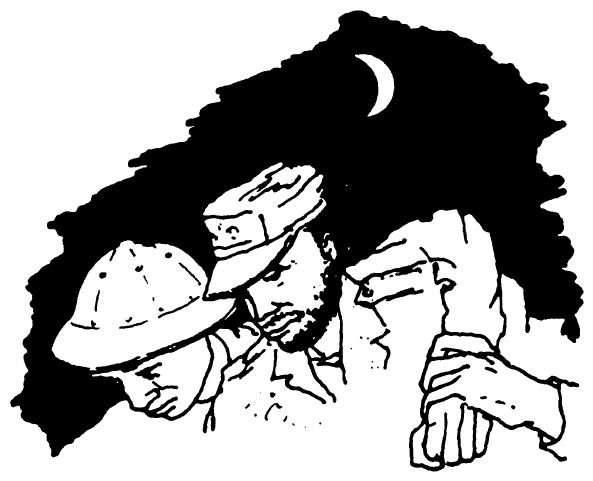
A chilling rain that night added to their misery. At dawn the following day they were on their way again, heading toward friendly troops which they believed to be beyond a high mountain. Keeping a close watch for communist patrols, the two succeeded in crossing over the mountain by late afternoon. That night they risked a small fire to cook some squash they had found. Early the next morning, after finishing the remains of the squash, they resumed their march. Since their escape, Lieutenant Klusmann and his companion had been bothered by painful leech bites which caused their legs to swell. Klusmanns right leg was in such bad shape that he could not lift it without using his hand to lever it along, but by midafternoon the two reached a friendly outpost. That evening a plane was called In to fly Lieutenant Klusmann to safety, capping his escape with a final triumph.
4. Article IV. If I become a prisoner of war, I will keep faith with my fellow prisoners. I will give no information nor take part in any action which might be harmful to my comrades. If I am senior, I will take command. If not, I will obey the lawful orders of those appointed over me and will back them up in every way.
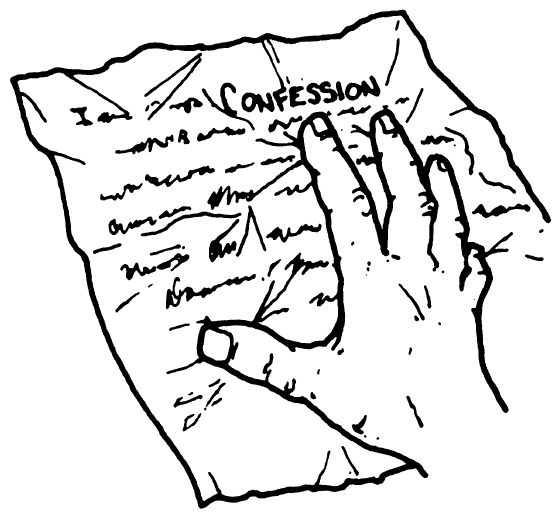
INTERPRETATION: If I am a prisoner I will help my fellow prisoners and not sell them out for favors from the enemy. If senior, I will take charge; if not, I will follow the orders of the senior prisoner, regardless of his branch of service (U.S. or allied nation).
Font size:
Interval:
Bookmark:
Similar books «U.S. Marine Guidebook»
Look at similar books to U.S. Marine Guidebook. We have selected literature similar in name and meaning in the hope of providing readers with more options to find new, interesting, not yet read works.
Discussion, reviews of the book U.S. Marine Guidebook and just readers' own opinions. Leave your comments, write what you think about the work, its meaning or the main characters. Specify what exactly you liked and what you didn't like, and why you think so.

